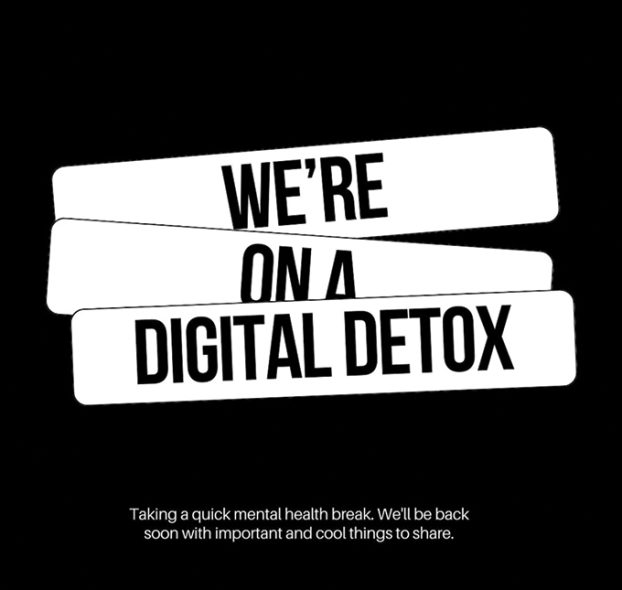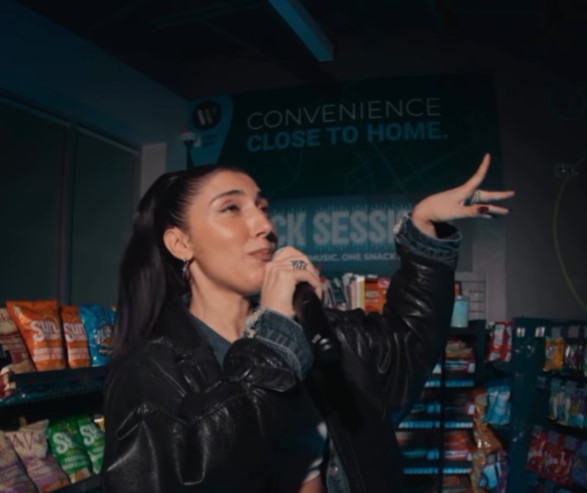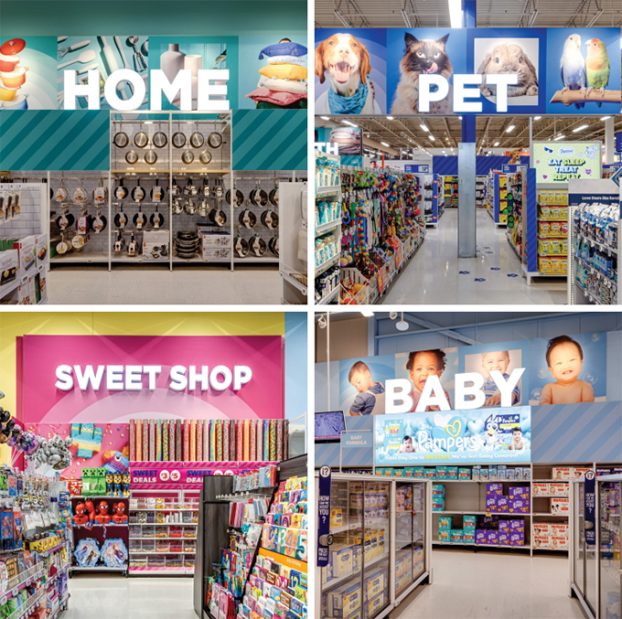
This is the latest instalment in a series of profiles on Canada’s commercial production sector – and more specifically, on BIPOC-led companies and organizations that are working to improve diversity and representation in front of and behind the camera. You can read other instalments in the series here.
 When Fijian-Canadian executive producer Garth Collins (pictured, right) decided to partner with three of his best friends to launch a production house in Vancouver almost a decade ago, the group consciously chose to build their business around solid relationships.
When Fijian-Canadian executive producer Garth Collins (pictured, right) decided to partner with three of his best friends to launch a production house in Vancouver almost a decade ago, the group consciously chose to build their business around solid relationships.
Collins, who played hockey in the WHL before entering the production business, was no stranger to the notion that you shouldn’t do business with friends. But he wanted to buck that trend. That’s part of why he and the other co-founders – Mark Chisholm, Trevor Lang and Brayden Wiebe – named their production company Dear Friend.
“It all comes down to spending the time to build our working relationships and not just make them transactional ones,” he tells strategy. “That is fundamentally how we have grown Dear Friend from the ground floor and with our hiring practices. It’s really easy to look at people from the business angle – what are you doing for me, what line item are you on my production, what benefit can you give me? – but we embrace a more laid-back, chilled out attitude.”
Perhaps that attitude is, in part, derived from the place where the business was founded. Based out of the Vancouver market, there’s a bit more opportunity to develop those relationships because it isn’t as fast and furious as a more high-traffic hub like Toronto. “It’s different on the West Coast,” as Collins puts it.
“Me and my three partners have built this company to invest in people. Because we have that time to invest them, we can also choose who we’re investing in and get them to the places they need to be,” he explains, noting that he sees those working relationships with the company’s talent as friendships in their own right – hence, Dear Friend.
But the name has a double meaning, Collins adds: “We are writing visual letters for specific demographics, so it also has that on-the-nose meaning.”
The thinking is simple: by treating these relationships like friendships, the production company can get a deeper understanding of its talent and where their skills and interests lie. It can then help to pair the best people with the right projects – even if their reels might not show a long track record of work on similar projects, Collins says. These are the kinds of things one can only do when they invest meaningful time and energy into their business relationships.
Dear Friend’s reel includes recent campaigns for BC Dairy, as well as projects for Converse, Trail Appliances, Frank & Oak and The Home Depot.
Among Dear Friend’s investments is its relationship with the talent of the Collective Bunch Society. An organization that Collins belongs to as a founding member, Collective Bunch is a resource for BIPOC creatives that helps to connect them with producers, production managers and broadcasters, among others in the marketing and film and television industries.
“Whenever I have a job, this is the network I tap into first. It’s gold. It has some of the most talented people in the country,” Collins, who also serves as the non-profit’s director of advocacy, says.
By helping people within that network find work, Collins says, Dear Friend also acts as a conduit for brands seeking more representative work, and for talent seeking to improve representation in the marketing landscape. In a sense, it’s a form of empowerment – and that empowerment, in turn, strengthens Dear Friend.
“When people are empowered, their walls come down and they realize they’re connected with people who believe in them. That’s when the network expands, because that person believes in us,” he explains.
While Dear Friend has laid pretty strong roots on the West Coast, Collins says the company is starting to look east. Though it doesn’t have plans, a move into that more lucrative and busy Toronto market is definitely in the works. He’s just determined not to lose the mentality that started it all.
“On the East Coast, it can sometimes feel like people don’t invest any time in one another – employers just look at your resume, and if it’s good enough today, they’ll use you, then you’ll see about tomorrow,” he says. “But we’ll be investing in people, because that’s how we’ve built this company. We’ll choose who we’re investing in and we can get those people to where we need them to be.”























